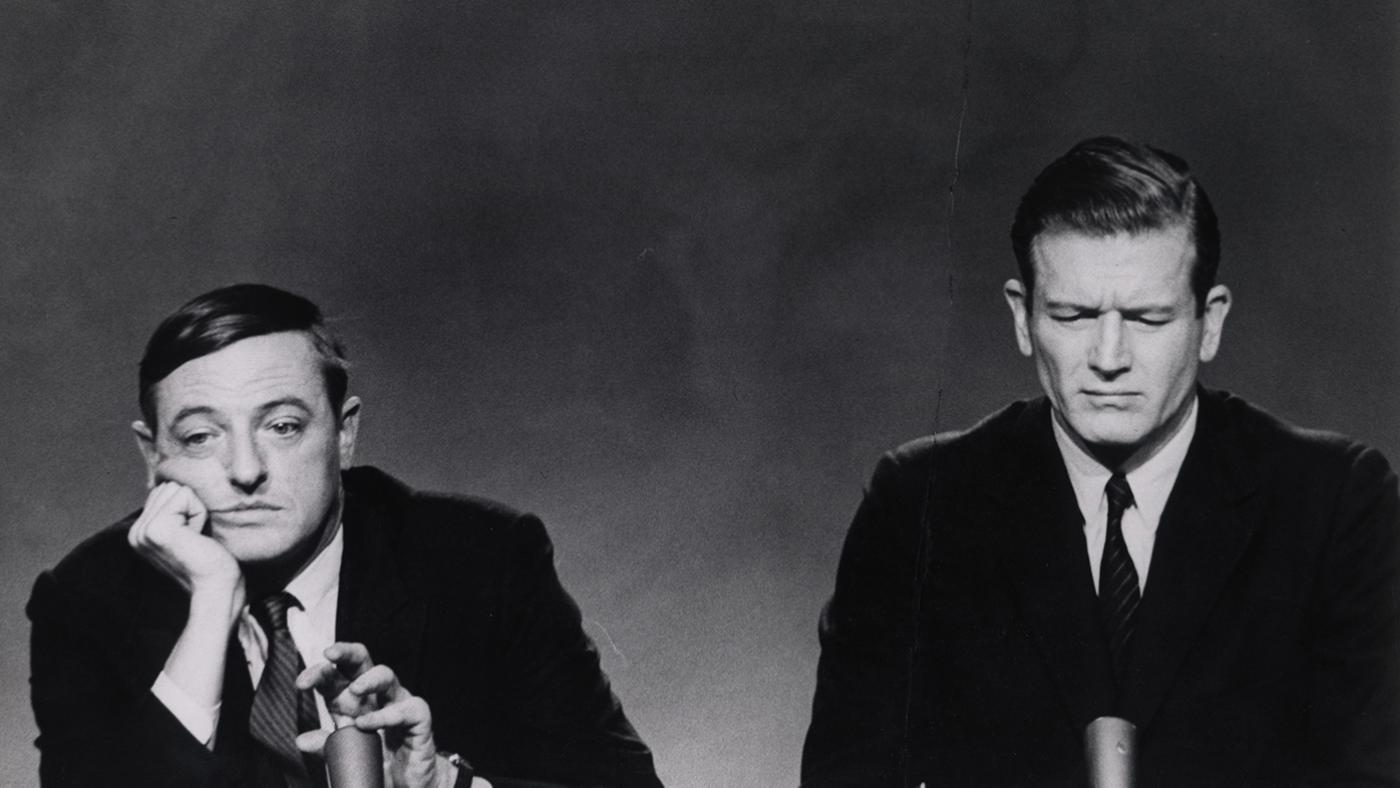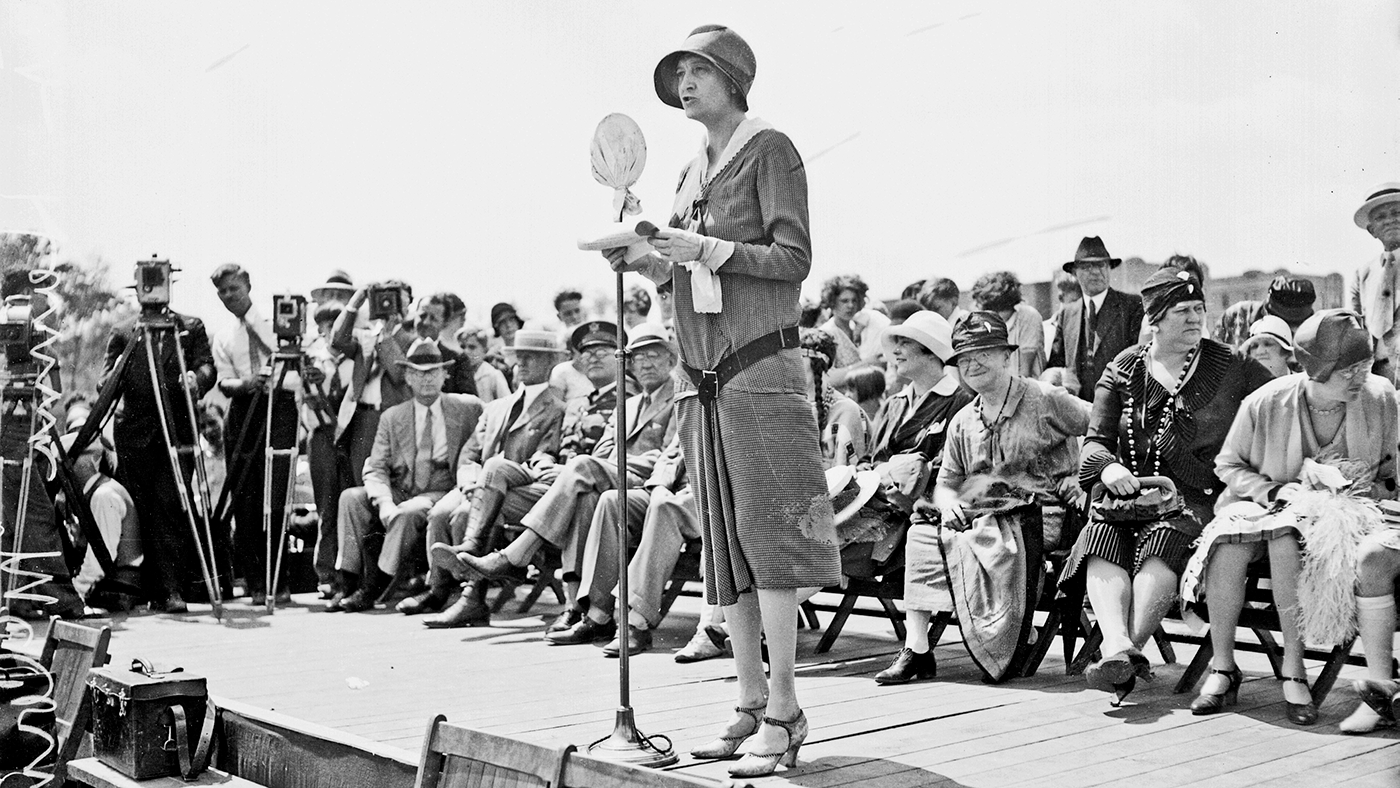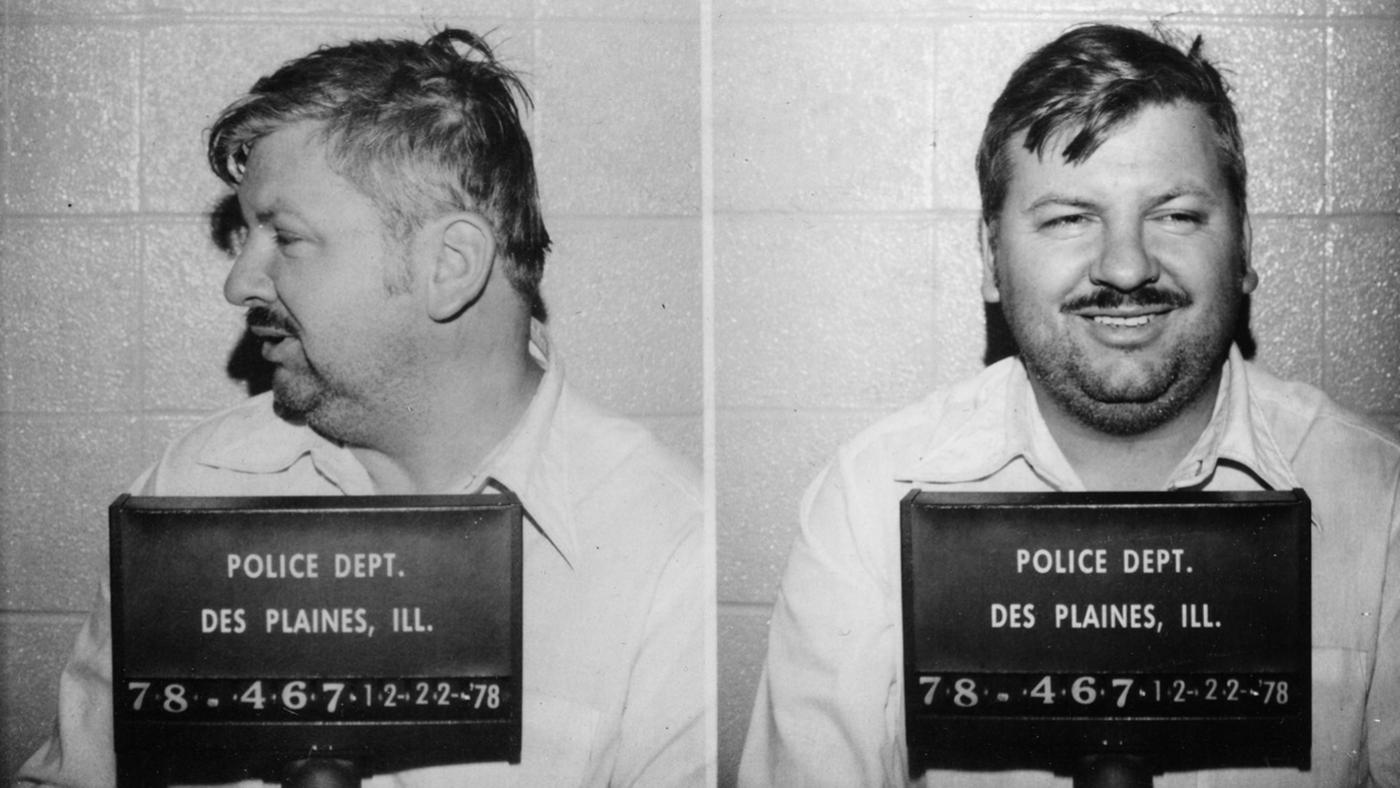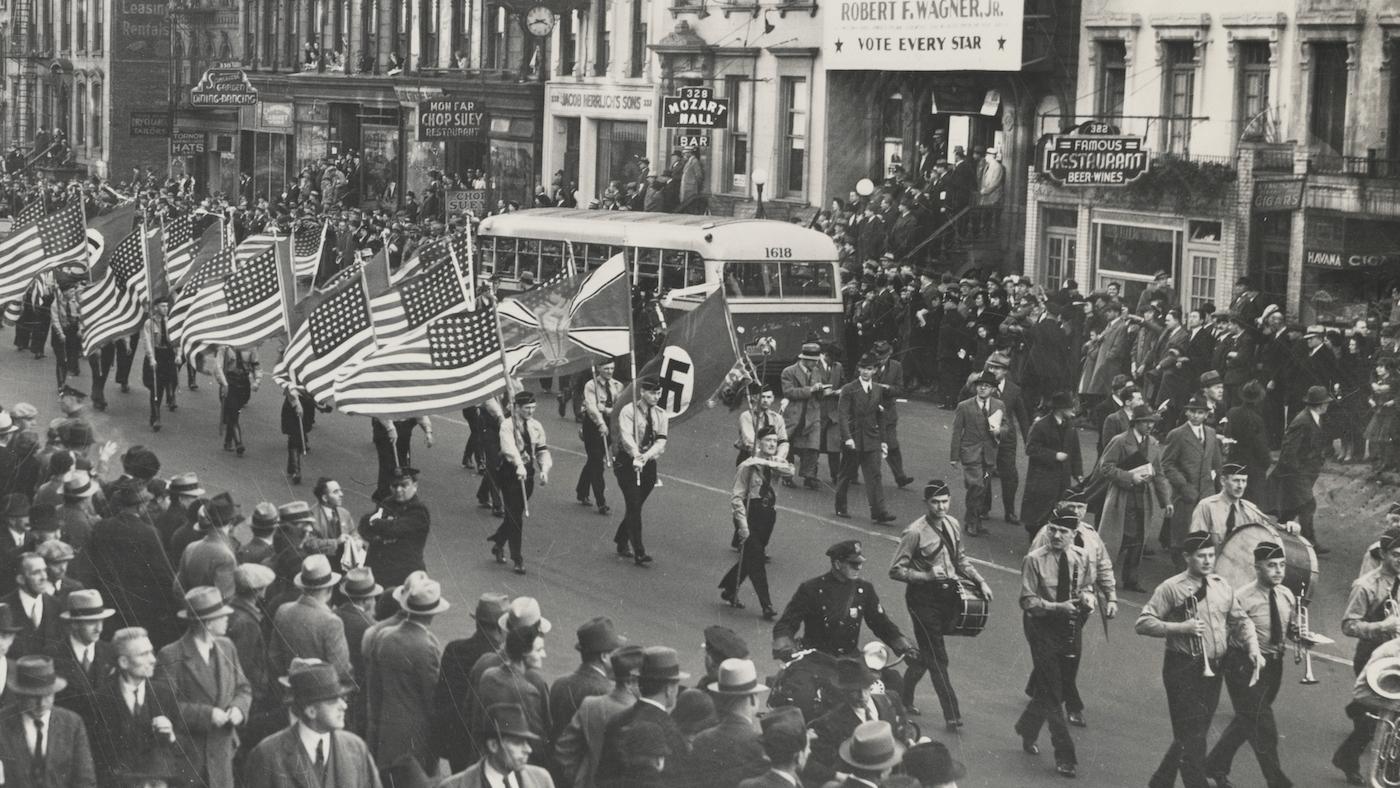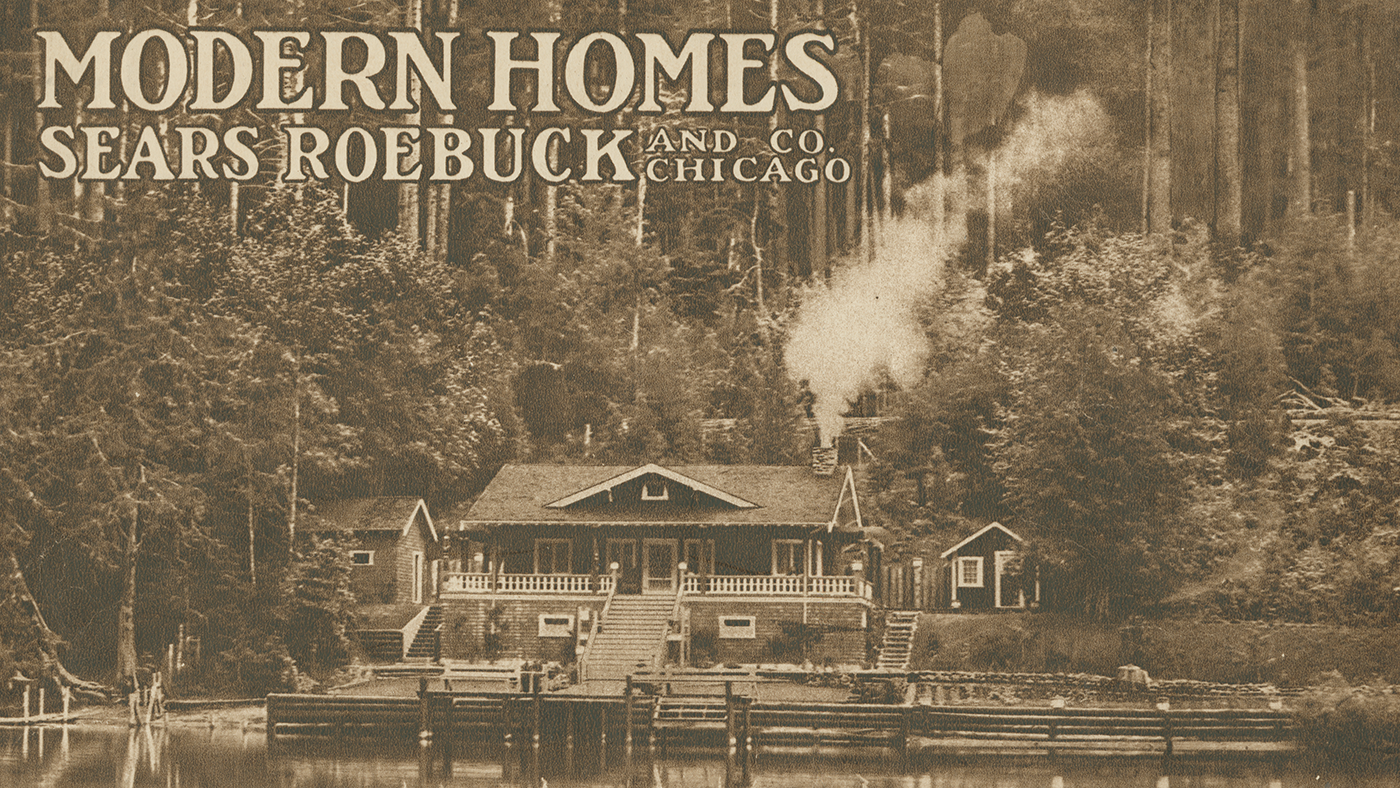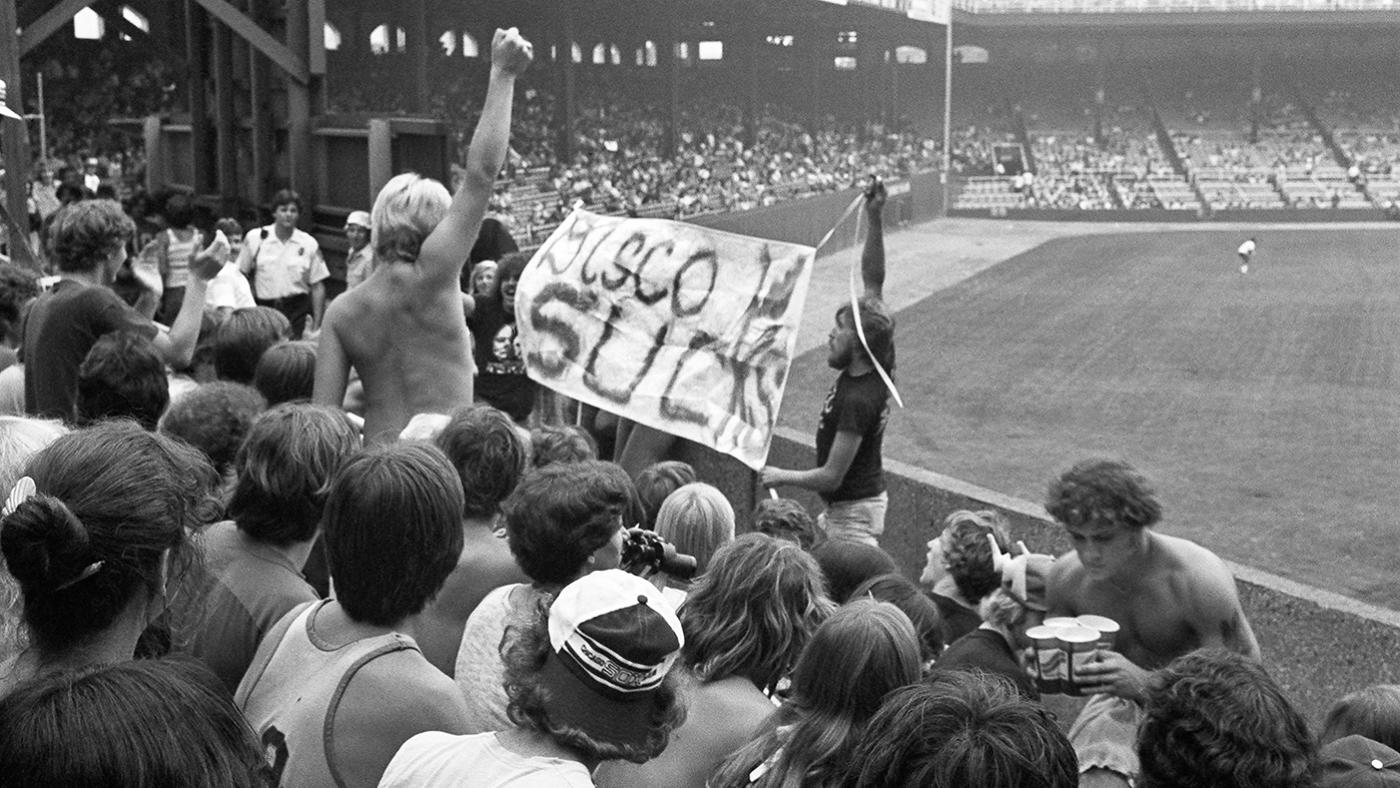Chicago's Oldest Continuously Operated Chinese Restaurant Closes
Daniel Hautzinger
February 6, 2018
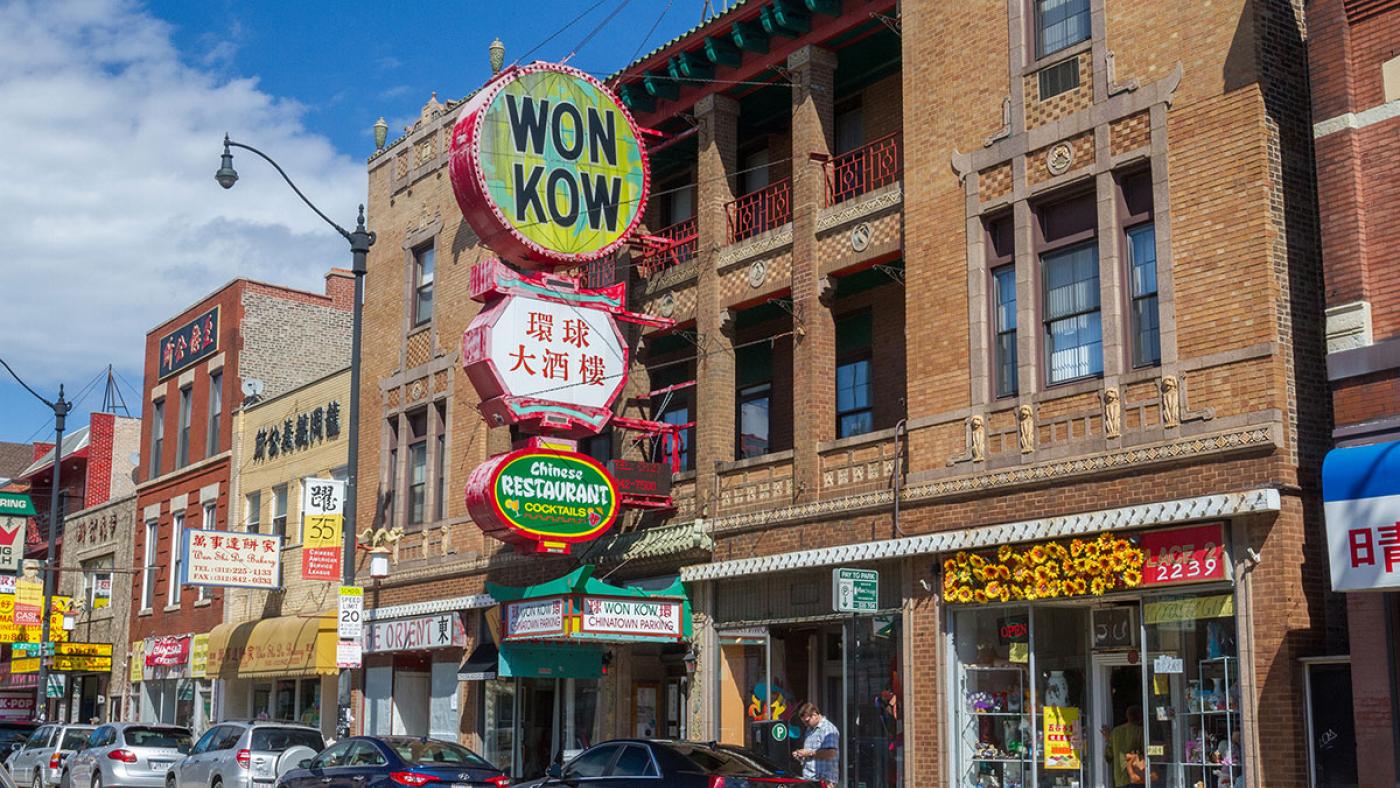
One of Chicago’s oldest restaurants has closed, and no, it’s not the Berghoff. On February 1, Chinatown’s Won Kow shut its doors after ninety years in business – it was the oldest continuously operated Chinese restaurant in the city. The owner Peter Huey, whose nephew David Hoy ran the restaurant, told the Tribune that “It’s time for me to take it easy for a while,” and that he was retiring with no one to take over after him.
Chicago’s current Chinatown, centered around Wentworth Avenue, Cermak Road, and, more recently Archer Avenue, was only a couple of decades old when Won Kow opened in 1928. The restaurant was established by a restaurateur named Moy, and apparently looked much the same then as it does today, according to a 2011 Tribune article. “Moy” have been Frank Moy, known as the “Mayor of Chinatown,” who is noted as the co-owner of the restaurant in the 1931 book Dining in Chicago by John Drury, who assures his reader that every guest at Won Kow, Chinese and non-Chinese alike, knew the friendly proprietor.
Moy and his co-owner Tom Toy Lee were pillars of the fledgling Chinatown community, serving as secretary and president of the On Leong Chinese Merchants Association that was headquartered across the street in a distinctive pagoda-topped building, now known as the Pui Tak Center, which opened the same year as Won Kow. (“After you have finished your meal, visit the Chinese “city hall” across the street,” Drury advises. “They welcome visitors and the beautiful rooms are worth seeing.”)
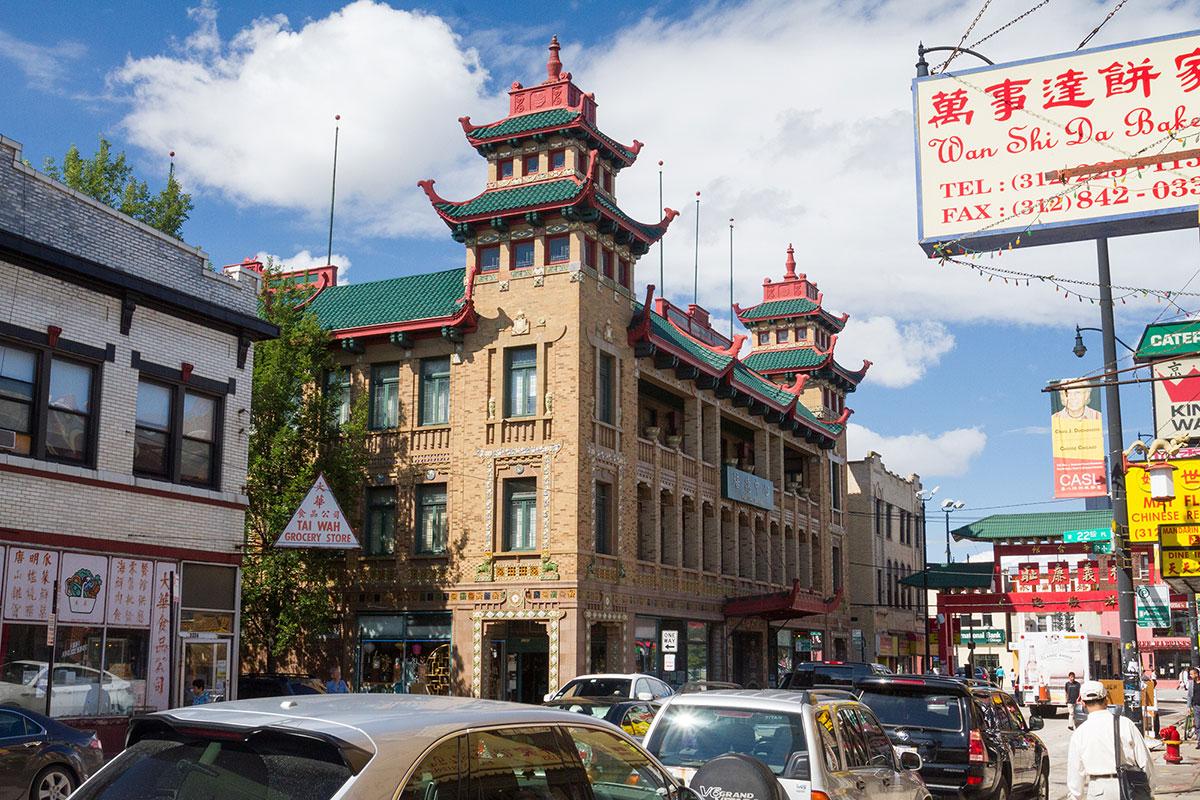 The original owner of Won Kow was a pillar of the Chinatown community, serving as secretary of the On Leong Merchants Association, located across the street
The original owner of Won Kow was a pillar of the Chinatown community, serving as secretary of the On Leong Merchants Association, located across the street
While Chinese immigrants had first arrived in Chicago in the late 1870s – the first Chinese citizen of the city may have been a man named T. C. Moy, probably no relation to Frank Moy – to escape legal discrimination in the western states, the first Chinatown was centered around Clark and Van Buren Streets. By 1900, Chinese people ran more than 150 restaurants in the city, many with ornate, orientalist decorations. Especially popular were chop suey houses which served the classic Americanized dish of meat, veggies, egg, and rice, also known in Chicago as “Chinese Irish stew.” (Coincidentally, one of the leading progenitors of chop suey in the city was another Moy, Sam. The commonness of that surname led to some confusion, as when the Tribune had to publish a correction in 1935 for mistakenly stating that the owner of Won Kow was opening a new café, when in fact the entrepreneur behind that new establishment was an entirely different man named George C. Moy.)
As the population grew and rents rose, many Chinese Chicagoans began moving south in the years after 1913, setting up a new Chinatown around Wentworth and Cermak. The area soon became both a commercial and community center for Chinese in Chicago, and also a tourist draw for white city-dwellers who wanted to experience another culture. Won Kow was an anchor. In addition to the ubiquitous chop suey and chow mein, you could also order “chicken bird’s nest soup,” fried shrimp, and kumquats, as Drury recommends. Numerous old newspaper society articles mention parties “retiring” to a banquet at the restaurant after a tour of Chinatown; if you didn’t know how to use chopsticks, the helpful waiters would teach you. Legend has it that even Al Capone frequented the place, with his own special table tucked into the northwest corner.
Restaurants like Won Kow, with their Americanized Chinese food, catered more to whites than Chinese people. In the early decades of the South Side Chinatown, Chinese people would instead eat in small, basic basement places that one historian has called “fan deems.” Throughout its existence, Won Kow continued to serve those stalwart American Chinese dishes, although it did occasionally bow to changing tastes, adding tropical cocktails to cash in on the South Pacific craze after World War II, as well as dim sum and a live seafood tank. With its closure, the title of oldest continuously operating Chinese restaurant in Chicago passes to Orange Garden on Irving Park Road, near Damen Avenue. Get a taste of the past there while you can!

